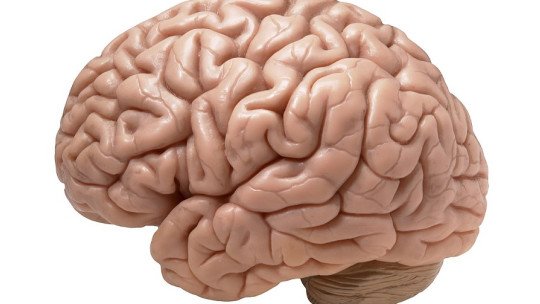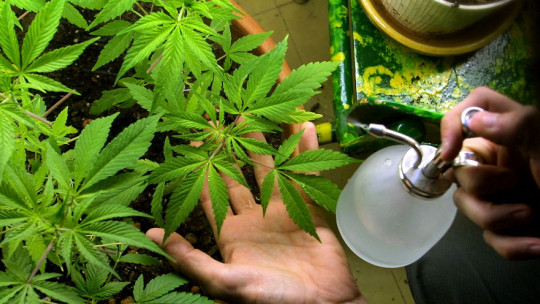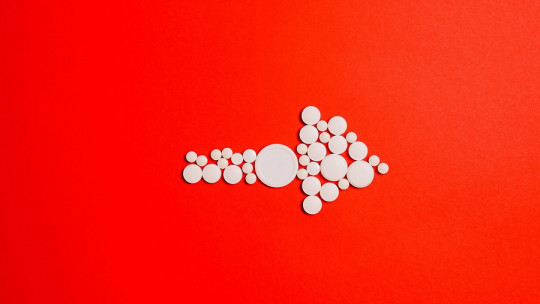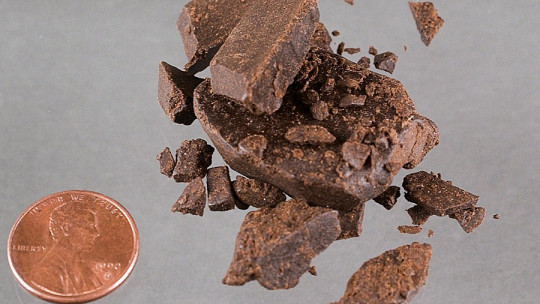
We know how serious the effects of drugs can be on a person’s life. Dependence on a chemical substance carries severe consequences, since the person directs most of their possible behaviors towards the goal of consumption.
Unfortunately, on the path that rises between desire and the search for substance, life falls apart: it is unable to control its own consumption; Their interpersonal ties deteriorate due to the prevailing need to access drugs; desire eats away at him and he presents symptoms of withdrawal syndrome when you reduce or stop eating, such as intense levels of anxiety or irritability, etc.
Suffering from an addictive drug use disorder goes beyond the drug: it disrupts life as a whole. And just as it alters the observable aspects of a person’s daily life – their habits and behaviors, their relationships, their work and/or academic performance – it also modifies the functioning of their brain, both at a chemical and structural level. The effects of drugs on the central nervous system, specifically the brain, are notable and significant.
Furthermore, the deterioration caused by drug use sustained over time can be even more accentuated if the person is in childhood, adolescence or early youth, stages in which the brain has not yet completed its development. Taking this into consideration, in this article we will explain what they are the effects of drugs on frontal lobe development of the brain.
Drugs and their general effects on the brain
According to the National Institute on Drug Abuse (NIDA), drugs can cause such changes in the brain that affect a person’s cognition – the way they think – and behaviorally – the way they act. Also, this can lead to a wide spectrum of mental health disorders: anxiety disorders, such as panic disorder or generalized anxiety disorder; depression; and, in some cases, it can even evoke psychotic episodes.
The impact of drugs on the reward system
Addictions cause hyperactivity of the brain’s reward circuit. Is about a network of connections between various areas of the brain, such as the nucleus accumbens, amygdala, thalamus, hippocampus, and basal ganglia, which is activated every time we eat, drink, have sexual relations or carry out activities that, at an evolutionary level, were crucial to ensure the survival of our species. Based on the activation of the reward circuit—fundamentally mediated by a neurotransmitter, dopamine—we experience pleasurable sensations after carrying out these activities. Pleasure aims to ensure that we repeat those behaviors over time and reinforce them, consolidating habits that ultimately preserve the species.
What happens with the consumption of addictive substances is that the reward circuit is activated in the same way as other habits necessary to survive, although they are extremely harmful to health in the medium and long term. Another important issue to note is the following: the reward circuit is capable of adapting to this hyperactivation if it is subjected to the drug in a sustained manner over time. Since chemical substances are such intense stimuli, the circuit is modified to reduce its sensitivity to the drug. That’s why, the addict increasingly needs more of the same substance to feel the same pleasure Also, that is the reason why certain hobbies or activities that others find rewarding—reading, dancing, drawing, playing a sport—are inconspicuous stimuli for the addict, since his brain is accustomed to such intensity.
Frontal lobe alterations
Despite the activation of the reward circuit being what sustains substance consumption, the effects of drugs do not only affect these structures. One of the most affected areas is the frontal lobe. Broadly speaking, the frontal lobe is the area of our brain whose development occurred most recently in our evolution as a species. It is the largest lobe in the brain and is also the one that houses, at a functional level, the distinctive characteristics of the human being Planning solutions to problems in the external environment, working memory, voluntary attention and cognition in general are all functions associated with this lobe.
A region of utmost importance is the prefrontal cortex, whose functioning is related to executive functions. We know that executive functions are those superior organization and integration skills that are involved in determining goals, designing plans, organizing in space and time, anticipating the future, and inhibiting behaviors inappropriate to the social environment.
Scientific research has shown that Performance on tasks involving executive functions has been severely impaired in people addicted to a drug When someone consumes an addictive chemical substance over time and becomes dependent on it, they have difficulty making decisions that align with their will and what they want. Perhaps, an addicted person may be aware of how harmful substance use is to their physical and mental health, but that is not enough to make concrete plans that will lead to recovery, such as going to a mental health center.
Drug use affects the frontal lobe to such an extent that judgment is impaired and the person becomes increasingly prone to impulsive behavior. Another effect of drugs on the frontal lobe is the decrease in the ability to inhibit one’s own behavior, a skill of vital importance for our adaptation to the social environment. Likewise, impairments in judgment make it difficult for the addict to maintain control over where, when and how much to consume.
The effects are more serious in the early stages of development
In short, it is essential to know what the effects of drugs are on the brain and, specifically, on the frontal lobe, since the best way to treat a problem that crosses many people is to acquire knowledge about it. Above all, taking into consideration that the effects of drugs on the frontal lobe may be even more harmful in the early stages of development
Various authors place the peak of frontal lobe development between the ages of twenty-one and twenty-five. Therefore, although at any period of the life cycle the effects of addictions are harmful to the human brain, it is in the first moments of development when we are most vulnerable to the alterations becoming more severe and their effects, some, irreversible.








